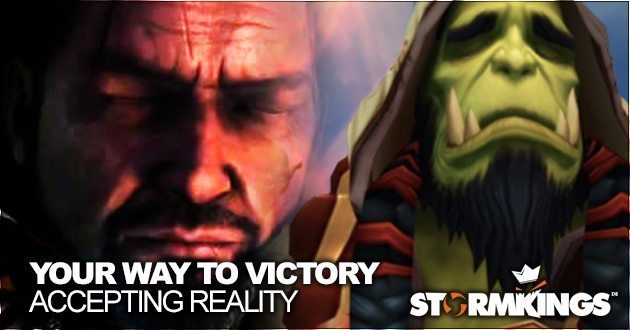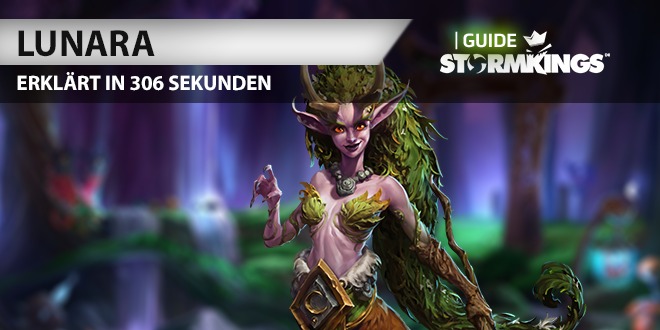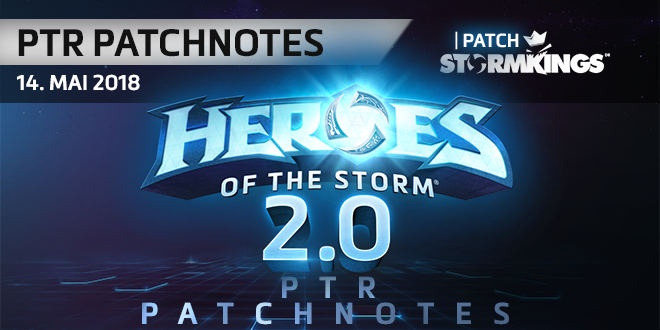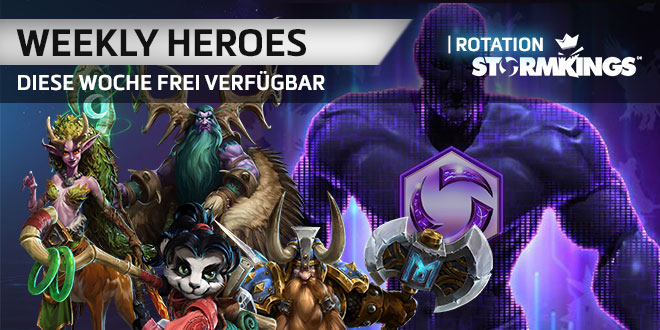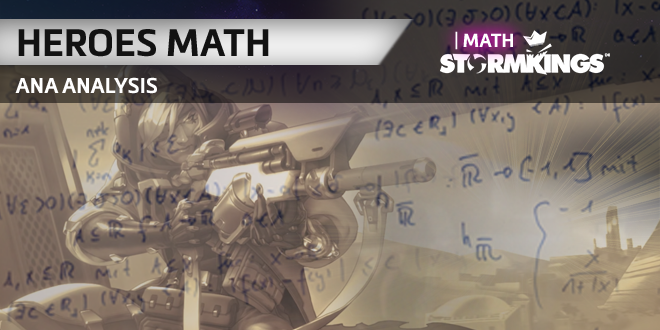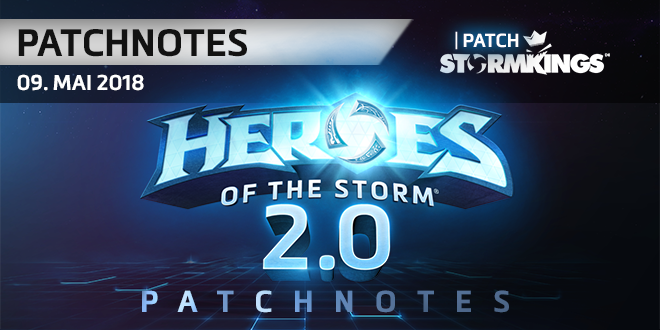Who can’t relate? „Dammit, I lost again … why does it always have to be me?“ „Why do I always get matched with noobs?“ „How am I supposed to improve when I’m the only one who knows how to play?“ „I want to be able to play like [insert pro gamer name here], but the others are stopping me from getting there!“ If any of these statements look familiar to you, keep reading!
(Before getting started, a little disclaimer: This is not a guide for gameplay tips, but for more underlying problems in player mentality. Also, this article focuses more on male players, the reason for that shall become apparent in the article.)
Fact: Complaints about bad teammates in Heroes of the Storm are steadily increasing in numbers. This can be derived by looking at several Facebook groups about Heroes as well as any discussion forum, be it official or on a fan site. The average player seems to be better than “all the others” that he has to play with time and time again. However, there is a fact that is related to this circumstance that you should take a look at.
If you ask 1000 male car drivers if they deemed their driving skills above average, about 85% of those would answer “Yes”. (Secondary source, albeit German, can be seen here). There is several a study and survey about this topic, also for other topics and fields. We could ask 10.000 Heroes players, the result would be the same. For those that don’t see the problem with that: The answers are not a valid representation of reality. Not everyone who answered “yes” can be better than the average.
Where does that come from, you may ask. It happens due to the so-called Dunning Kruger Effect. We could go into detail about it, however we will focus on the reasons as to why things are that way and how you can avoid falling into that trap.
First of all, you have to face the fact that in essence, we might not be better than most of the people we’re playing with, and that we cannot see such a difference in skill. Only if you ingrain this philosophy into your mindset, you set the foundation for better play. This is easier said than done though, as even in knowing that the results of the surveys are pointing toward a warped sense of reality, the subjects still stuck with their statements.
Where does this phenomenon come from? Why do we think that we are better than all the others, even though we know it isn’t true?
If you look at today’s society, you can easily tell that especially among men, everything is devolving into a challenge, you have to be the best at everything. “My car is faster than yours.” “I have more kills than that other guy.” “My PC runs faster than yours.” Additionally, we face the problem that this competitive society of ours is situated in the middle of an individualist society. It has to be MY car, MY house, MY boat – so in the end we are not only competing against millions of people on the internet, we are also doing it alone. Me against the world. And it feels like that most of the time, doesn’t it? The fact that we feel this way comes from a mechanism in the human psyche that is just doing its thing without any introduction or us knowing anything about it. While it may be unnecessary for you to know the name of this mechanism, it’s more useful to know how it works. Here’s an example:
Let’s take a boy in fourth grade. He has problems with soccer. So he thinks the following: “I can’t play soccer. I never hit the ball. All the others are far better at soccer than me. I will never be able to play soccer…” This young man is not a big fan of soccer, as you may be able to deduce. He never watches any games, never joins his friends for a round and in the end, his opinion of the sport goes down the drain. So how is he supposed to feel and what shall he do when he inevitably has to play soccer during sports class?
A lot of boys would feel the same way, if it wasn’t for our self-image that our subconscious is constantly fighting to maintain since a negative perception of yourself not only leads to inner suffering, it also shortens your lifespan substantially. So in a way, our subconscious is guarding us and making us brave. The consequence: Millions of kids play soccer daily.
The good thing about this mechanism is that if you have the determination to do a thing, you keep at it. So improvement in the field of choice is in a way predestined, be it gradually and with small steps. That is also why in most cases, boys and men show better results in various sport disciplines and games than the female part of our society. Emphasis on the “in most cases” though, as exceptions confirm the rule! The stubbornness of men inevitably leads to better results than that of women since they do not have this warped self-image of themselves. If they are confronted with losses and uncomfortableness, they are more likely to drop an activity early on. Nonetheless the improvements you make are miniscule, as opposed to when you train efficiently and professionally.
So let’s summarize:
- Our self-image is not objective, it deceives us.
- We tend to be rather “worse” than “better” than we think.
- This circumstance is normal and it fulfills its own purpose.
So in the end the goal of this goal should be to raise your affinity for improvement so you can reach a skill level that’s not normal, as “normal” skill would equate to average. Only with above average play we can achieve more victories and the desired triumph. So we will end this lesson with a little homework task, maybe take it as a New Year’s resolution:
Accept that you are average and recognize that you are not as trained as you are.
If you manage to do that, your outlook on things shifts to what’s ahead of you and only then you will be able to change. It’s simple: you can’t change anything that you can’t see. To say it with the words of Nobel prize winner William Faulkner: “Intelligence is the ability to cope with environment.” This ability, and with it also this intelligence, can be learned and trained. And only this acceptance allows us to take an introspective look at ourselves.
If you manage to complete this task, your perception will change. Following that, your thirst for knowledge and improvement will rise, leading to reading guides, tutorials and the like. A lot of the higher-rated guides on various sites have very detailed explanations as to which talent to take when, when to engage and other things. There’s lots to learn out there. And on top of all that, you will begin to have a more critical view on your own play, so perhaps the first improvements may already show after a little time.
Good luck in the Nexus!
 Stormkings Deine Seite für Tabletop und Sci-Fi Fantasy
Stormkings Deine Seite für Tabletop und Sci-Fi Fantasy
